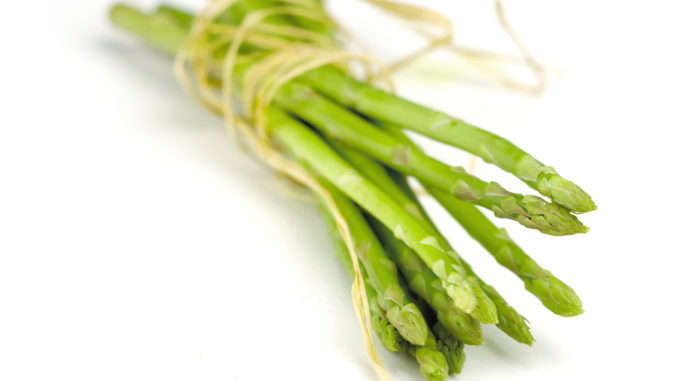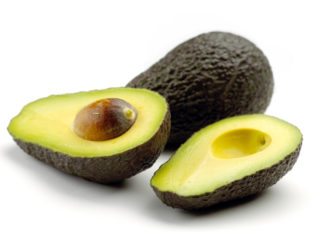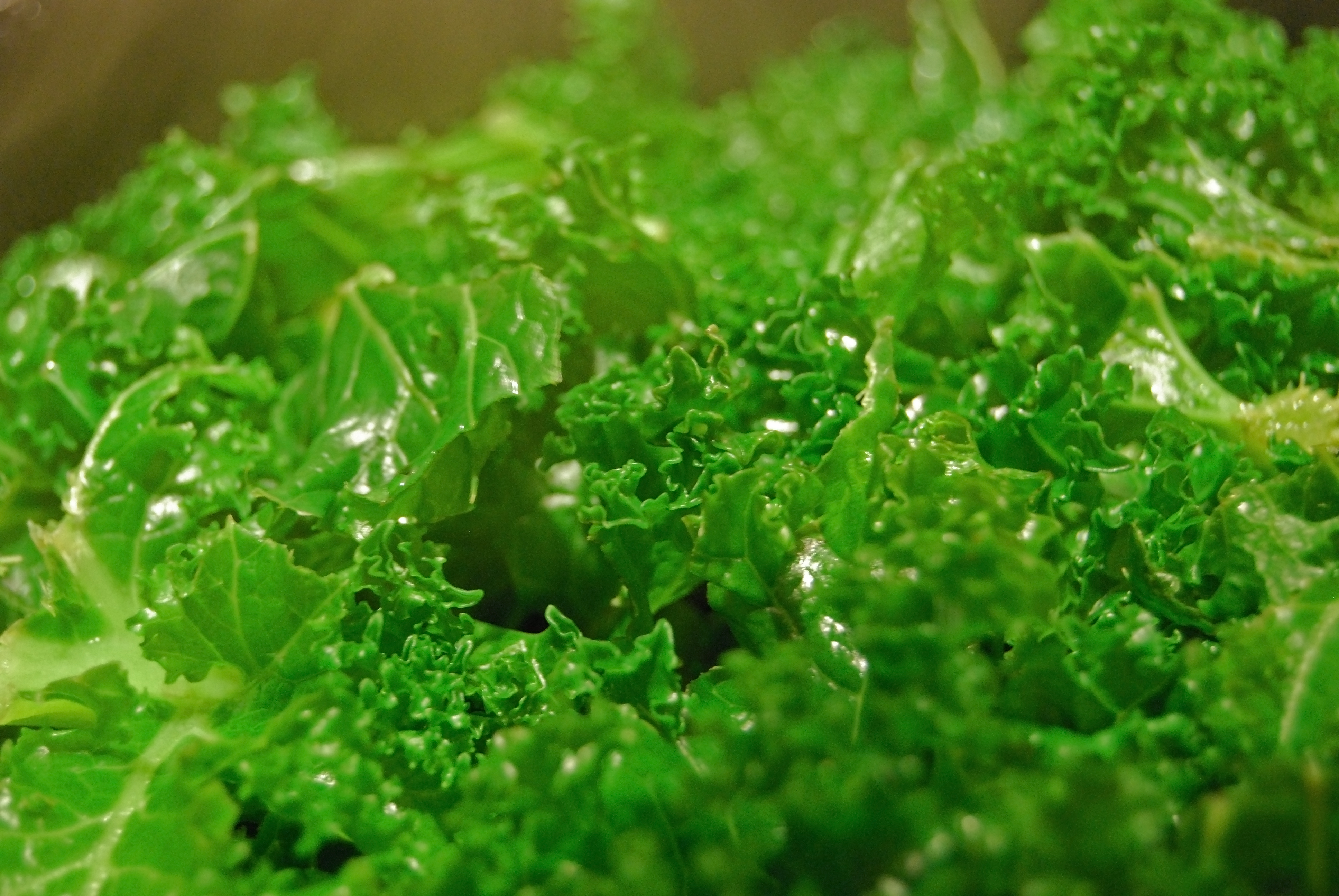
If you’re looking to improve your health and promote healthy body functioning, you must make sure that you’re taking in sufficient levels of vitamin B1 daily. Vitamin B1 is a water soluble vitamin, meaning that it cannot be stored on a day to day basis in the body.
For this reason, you need to be eating vitamin B1 rich foods each and every day in order to make sure that you keep your levels in an appropriate range. Vitamin B1 has many different functions in the body so regardless of what your body weight goals happen to be, vitamin B1 foods cannot be eliminated from your plan.
Let’s take a closer look at vitamin B1 so you can learn the facts you need to know about this important minerals.
List of Vitamin B1 Food Sources

The top food sources where you can find vitamin B1 include:
- Asparagus
- Black strap molasses
- Brewer’s yeast
- Brown rice
- Brussels sprouts.
- Eggplant
- Fish
- Green peas
- Meats
- Mushrooms
- Nuts
- Poultry
- Romaine lettuce
- Spinach
- Sunflower seeds
- Tomatoes
- Tuna
- Wheat germ
- Whole grains
What Role Does Vitamin B1 Perform In The Body?
The primary role that vitamin B1 is going to have is to help promote a higher overall energy level by allowing the body to use any glucose consumed through carbohydrates as that immediate energy source.
Without enough vitamin B1 coming in through the diet, you would have a very hard time making use of the glucose consumed, so you may suffer from high degrees of fatigue, even though you are eating plenty of carbohydrate rich foods.
In addition to promoting higher levels of energy on a daily basis, the body also requires vitamin B1 for supporting a healthy nervous system. The nerves must be surrounded by a covering referred to as a myelin sheath to transmit messages properly and vitamin B1 is what will keep these coverings in top shape.
Parts of the Body Affected By Vitamin B1
- Circulation
- Carbohydrate metabolism
- The nervous system
- The gastrointestinal system
The Health Benefits of Vitamin B1
By enjoying plenty of vitamin B1 rich foods in your diet you’ll be able to easily keep up with all the different activities you have planned throughout the day, leading the lifestyle that you enjoy.
Those who aren’t taking in high enough volumes of vitamin B1 will become quite lethargic and may not want to do much more than just lie around on the couch for days at a time, so it can significantly reduce the quality of life that you experience.
In addition to that, vitamin B1 consumption will also benefit anyone who suffers from Alzheimer’s disease, Crohn’s disease, depression, epilepsy, fibromyalgia, and multiple sclerosis as it acts as a good treatment method for each of these.
Vitamin B1 RDA – Recommended Daily Amount
The Recommendations for Vitamin B1 Thiamine Are Set at the Following:
- 0-6 months of age: 200 micrograms
- 6-12 months of age: 300 micrograms
- 1-3 years of age: 500 micrograms
- 4-8 years of age: 600 micrograms
- 9-13 years of age: 900 micrograms
- 14 and over (males): 1200 micrograms
- 14 and over (females): 1100 micrograms
- Pregnant females: 1400 micrograms
- Lactating females: 1500 micrograms
Vitamin B1 Deficiency Symptoms
Those who are becoming deficient in vitamin B1 will show some clear signs that you’ll want to watch out for.
The very first symptom that can occur when you become deficient is a complete loss of appetite. Often this only re-enforces the feelings of fatigue that we mentioned earlier, so it will really have a negative influence overall on how you’re feeling.
Without sufficient food coming in, you’ll then proceed to experience dramatic weight loss over a short period of time, so that’s another thing to be on the lookout for.
As this is all occurring you’ll often feel a general listlessness about yourself and difficulty getting up enough energy to move around.
Another problem associated with not getting in enough vitamin B1 is difficulty maintaining proper muscle tone in the GI tract, which can then cause constipation or indigestion to take place.
Many people may also find that they experience higher degrees of muscle soreness if they don’t take in enough vitamin B1, even though exercise may have not been performed.
Finally, the last major sign of deficiency from vitamin B1 is that you may feel that ‘pins and needles’ tingling in your feet more frequently, which is a sign that your nervous system is struggling to transmit messages correctly.
If any of these symptoms are taking place, you would be well advised to speak to your doctor and then assess your diet to see if you are getting in enough vitamin B1.
How To Consume More Vitamin B1
To easily incorporate more vitamin B1 into your day, consider swapping out your typical iceberg lettuce, which is very low in overall nutrients with romaine lettuce instead, consider snacking on sunflower seeds mixed with almonds for a good, healthy fat rich snack to tide you over between meals, and make a quick meal out of tuna with fresh tomato based salsa and whole wheat pasta.
Since mushrooms and green peas are also great sources of this nutrient, you might consider adding these to your salads more often at dinner also as both work great and are very low in calories so easy to add to any diet plan.
When Possible Always Choose Natural Food Sources of Vitamin B1 Rather Than Supplements

You should note that many of the benefits of vitamin B1 that were listed above will only be supplied by eating the actual foods containing the vitamin, so don’t be so quick to think that you can reap these benefits by turning to supplementation instead.
Many people are fast to assume that supplements will be just as good or better than real food but this is typically far from the case.
You can definitely still take some vitamin B1 supplements if you feel it is necessary or it has been recommended to you by a medical professional, but you shouldn’t ever replace your dietary sources entirely by a supplement alone.
So there you have everything that you need to know about vitamin B1. By looking over your diet to make sure you’re eating sufficient foods containing this nutrient you can be sure that your nervous system is functioning correctly, you’re maintaining high energy levels, and that you feel your best overall.




Is the requires amounts above for 14 and above accurate. Should it be micrograms or milligrams? Other websites like webmd say milligrams for adults.
There are a a small number of tips to bear in mind about vitamin B1, it is easily ruined when food is prepared and cooked, as it’s susceptible to warmth and the oxygen in the air. You must attempt to protect the food as much as you can by handling food as little as possible also cooking it for the minimum amount of time. The best food sources of vitamin b1 are dairy products and milk.
Most fruits and vegetables are not very high in vitamin b1, they’d have to be eaten in high quantities and also regularly to reach the rda. Vitamin B1 plays a significant function in support of the nervous system, where it creates healthy growth of the fat-like coverings which encompass most nerves, these are called myelin sheaths. It has many more functions which you mention in the article.Anyway thanks, I hope my comments add a little bit more to your article.